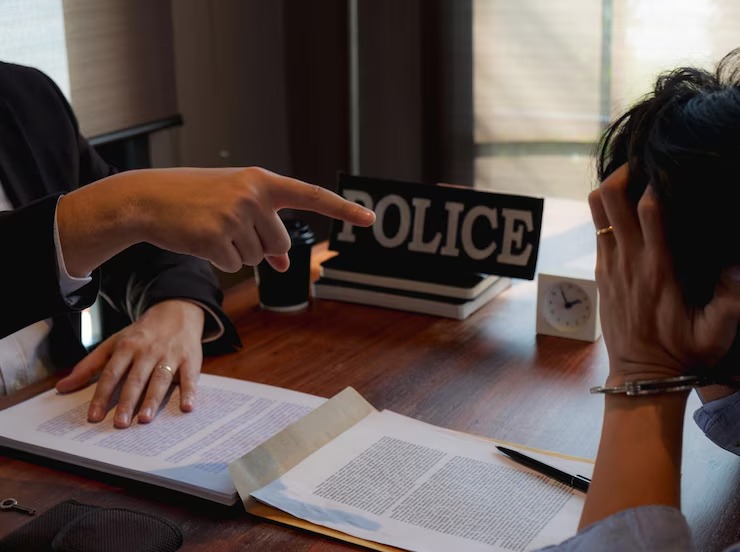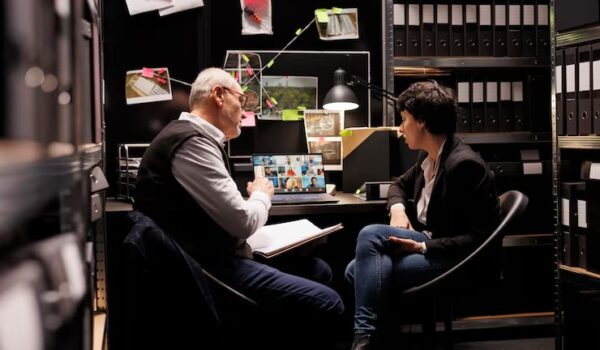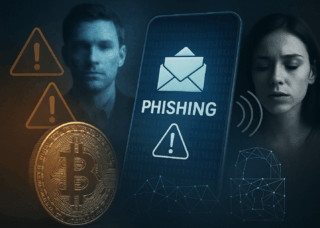Looking to hire a private investigator?
The field of private investigation has always intrigued many, often depicted dramatically in popular detective shows. While these portrayals spark interest, they also lead to misconceptions. In reality, private investigations are professional and methodical processes conducted by skilled investigators to uncover the truth. Whether you’re considering hiring a private investigator for personal or business reasons, this article will guide you through what to expect during a private investigation with Privin, from the initial consultation to the final report.
Things to Expect During A Private Investigation
A private investigation typically involves several key steps: an initial consultation to understand your needs, planning and strategy development to outline the investigation approach, the actual investigation phase where various techniques are used to gather information, documentation and reporting of findings, and a final review of the results with the client.
Throughout the process, confidentiality and professionalism are maintained to ensure your privacy and the integrity of the investigation.

1. Initial Consultation
The initial consultation is the first step in any private investigation. During this meeting, we’ll discuss your needs, goals, and any relevant information with the investigator. Confidentiality is paramount, and professional investigators adhere to strict legal and ethical standards to protect your privacy.
This consultation helps establish the foundation for the investigation and sets clear expectations for both parties. You might be asked to provide any documents or evidence you have, such as photographs, emails, or phone records, which can help the investigator understand your case better.
Types of Questions the Investigator Might Ask
- Nature of the Problem: What is the main issue or concern you want to address?
- Background Information: Do you have any background details on the subject of the investigation?
- Previous Actions: Have you taken any steps to address this issue before seeking professional help?
- Expectations: What are your goals and what do you hope to achieve through this investigation?
- Legal Concerns: Are there any legal issues or considerations that need to be taken into account?
Remember that providing detailed and accurate information is crucial for the success of the investigation. The more context and specifics you can offer, the better the investigator can tailor their approach and increase the chances of a successful outcome.
2. Planning and Strategy Development
Following the initial consultation, the investigator will develop a customized plan tailored to your specific situation. This plan outlines the methods and techniques to be used, the timeline, and any potential challenges. It’s important to set realistic expectations, as investigations can vary in complexity and duration.
The investigator will explain the proposed strategies and answer any questions you might have. They will also discuss any legal considerations and the ethical boundaries they must operate within to ensure the investigation is conducted lawfully and respectfully.
3. Investigation Phase
During the investigation phase, private investigators employ various techniques such as surveillance, background checks, and interviews. Surveillance involves discreetly observing subjects and monitoring their activities to gather relevant information. Background checks can uncover details about an individual’s history, while interviews provide firsthand accounts and additional insights.
Throughout the investigation, you’ll receive regular updates and have opportunities to discuss the progress and any new findings. Investigators often use advanced technology, including GPS tracking, hidden cameras, and online databases, to gather evidence efficiently and discreetly.
Specific Techniques and Tools Used
- Forensic Analysis: Examining physical evidence or digital data to uncover hidden details.
- Social Media Monitoring: Tracking online activities to gather insights into behaviors and connections.
- Digital Footprint Investigation: Analyzing a subject’s online presence and activity history for patterns or evidence.
- GPS Tracking: Monitoring movements and locations to verify alibis or gather evidence.
- Hidden Cameras: Capturing video evidence discreetly in various locations.
- Database Searches: Utilizing various databases to gather comprehensive information on subjects.
4. Documentation and Reporting
A critical aspect of any investigation is the documentation and reporting of findings. Investigators provide comprehensive reports, which may include written summaries, photographs, and videos. Ensuring that the evidence collected is admissible in court is a priority.
Your investigator will help you understand the findings and their implications. Clear and thorough documentation is essential for presenting a strong case, whether for personal peace of mind or legal proceedings. Reports are often detailed and may be supplemented with expert analysis or testimonies from other professionals, depending on the complexity of the case.
5. Conclusion of the Investigation
Once the investigation is complete, you’ll have a final meeting with the investigator to review the results. This meeting will cover the findings in detail and discuss potential next steps, such as legal actions or further investigations. Your feedback is valuable, and reputable investigators will follow up to ensure your satisfaction. This stage is crucial for understanding the impact of the findings and deciding how to proceed. The investigator may also provide guidance on how to present the evidence if legal action is required, ensuring you are well-prepared for any potential court proceedings.
Private investigators are hired by many for a wide range of scenarios including:
- Infidelity Investigations: Gathering evidence of a cheating partner.
- Employee Misconduct: Investigating workplace theft or policy violations.
- Missing Persons: Locating missing family members or loved ones.
- Fraud and Theft Investigations: Identifying fraudulent activities and recovering stolen assets.
Each scenario requires a unique approach. Experienced investigators are skilled at adapting their methods to suit the specific needs of each case.
Conclusion
Hiring a private investigator can be a crucial step in uncovering the truth and protecting your interests. By understanding the investigation process and knowing what to expect, you can navigate this experience with confidence. If you need professional investigative services, don’t hesitate to reach out for a consultation. Working with a professional ensures that your case is handled with the utmost care and expertise, providing you with peace of mind and the information you need to make informed decisions.
If you’re in need of expert assistance with a private investigation, look no further than Privin. We offer professional and discreet investigative services backed by experienced investigators equipped with the latest tools and databases to uncover the information you need.
FAQs: What to Expect During a Private Investigation
1. What is the first step in a private investigation?
The initial consultation involves discussing your concerns, goals, and any relevant information with the investigator. This meeting helps establish the foundation for the investigation and sets clear expectations for both parties.
2. How is the investigation planned?
After the consultation, the investigator develops a customized plan outlining methods, timeline, and potential challenges. This strategy ensures a focused approach tailored to your specific situation.
3. What techniques are used during the investigation?
Investigators employ various methods such as surveillance, background checks, interviews, and digital footprint analysis. They may use tools like GPS tracking, hidden cameras, and online databases to gather information discreetly.
4. How are findings documented?
Investigation results are documented through written summaries, photographs, and videos. Comprehensive reports are prepared to ensure the evidence is admissible in court if needed.
5. What happens after the investigation concludes?
A final meeting is held to review the findings and discuss potential next steps. The investigator may provide guidance on presenting evidence for legal actions or further investigations.






